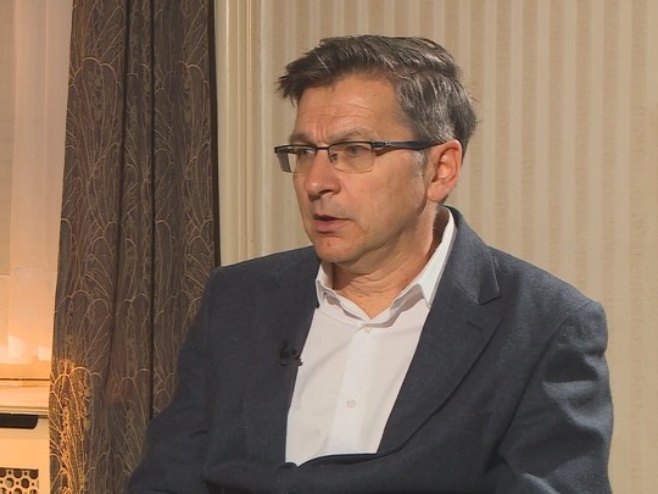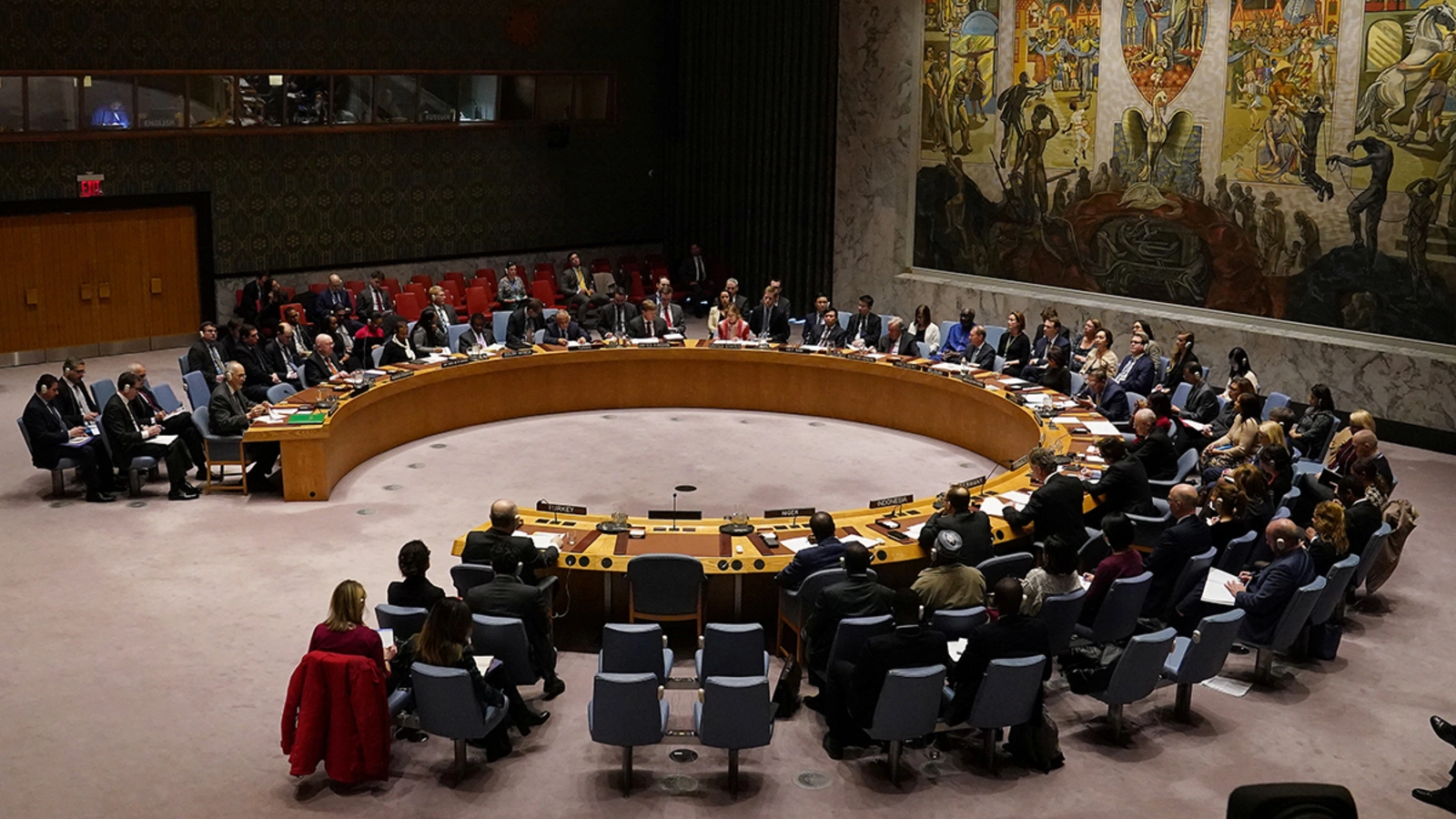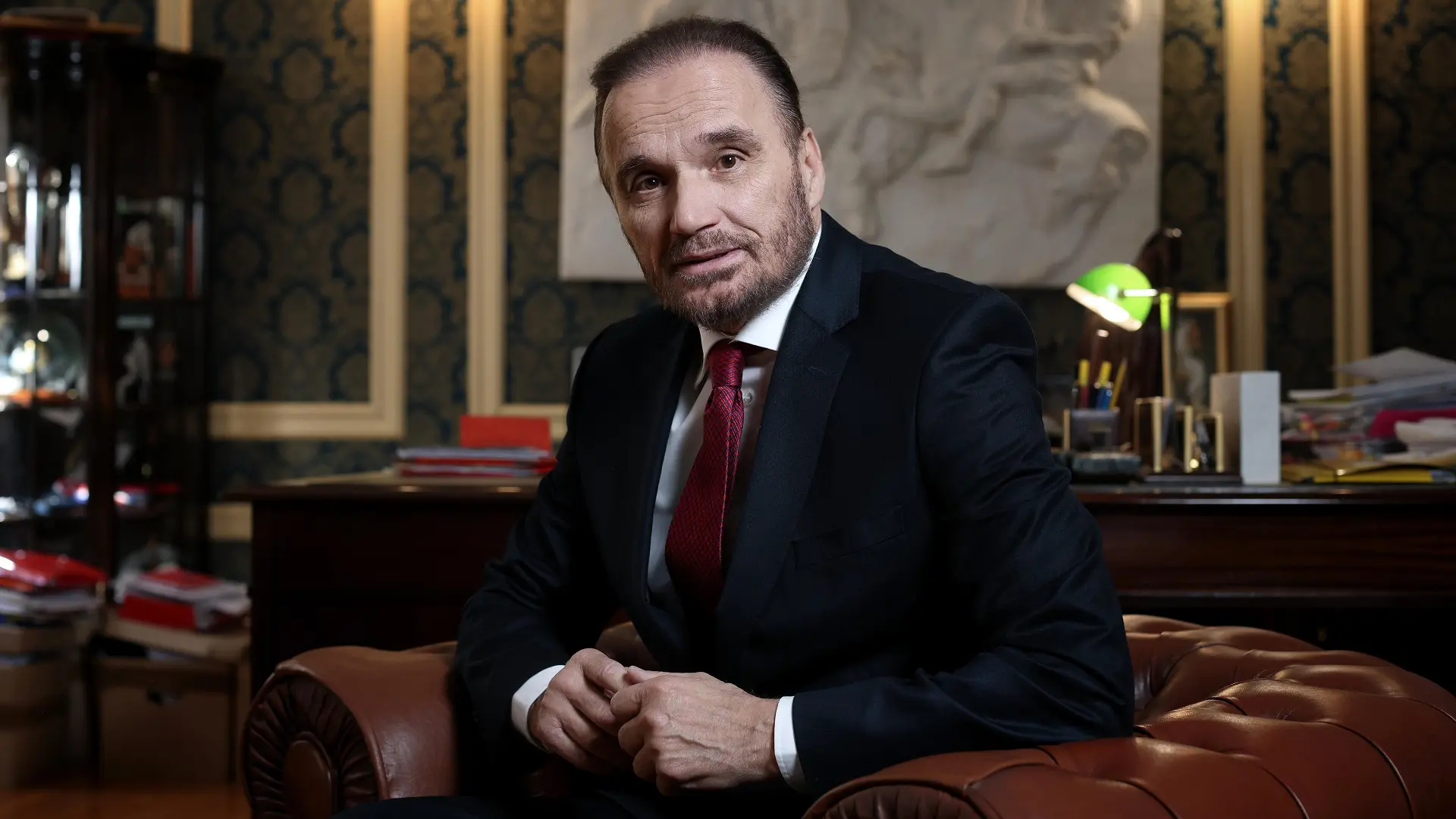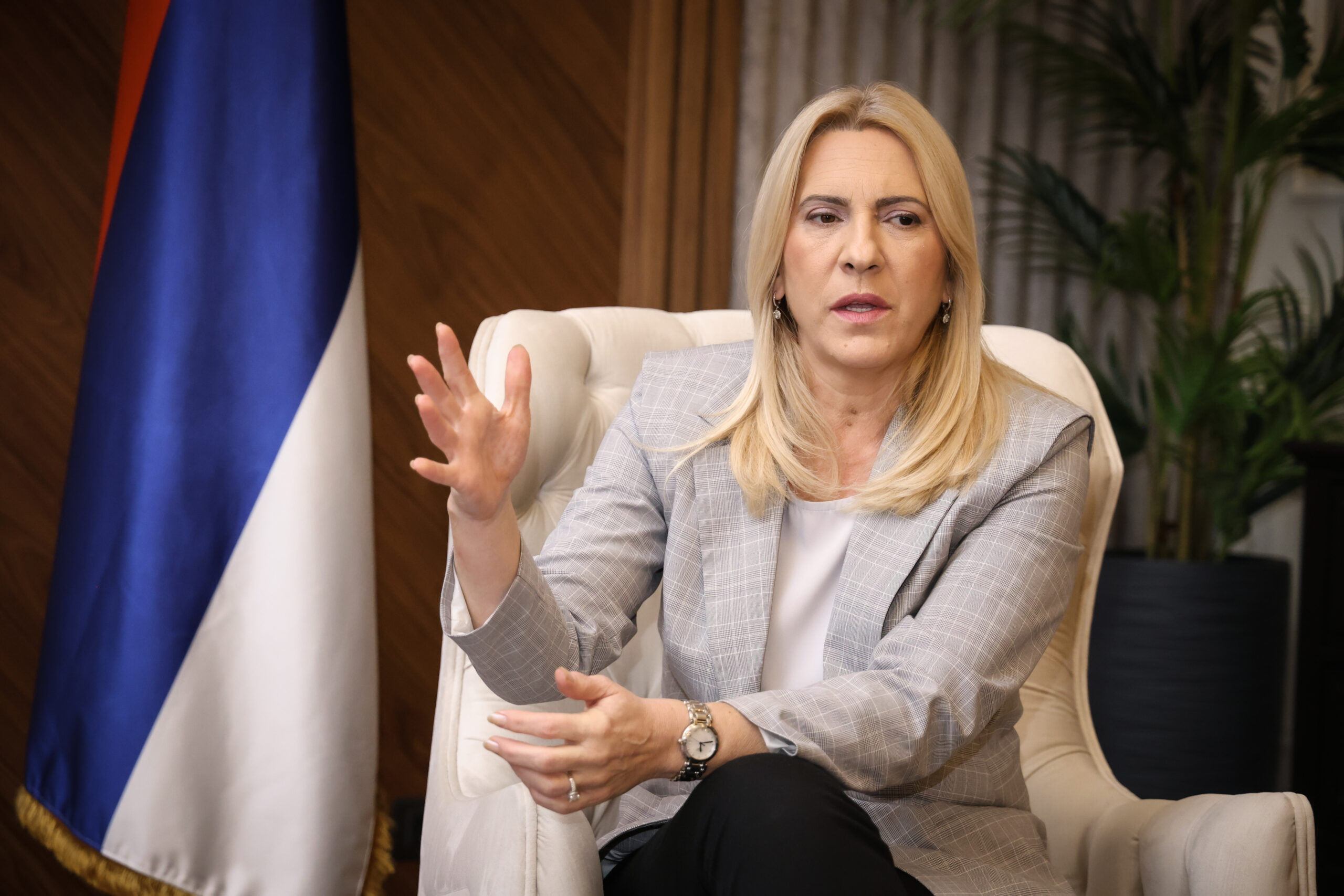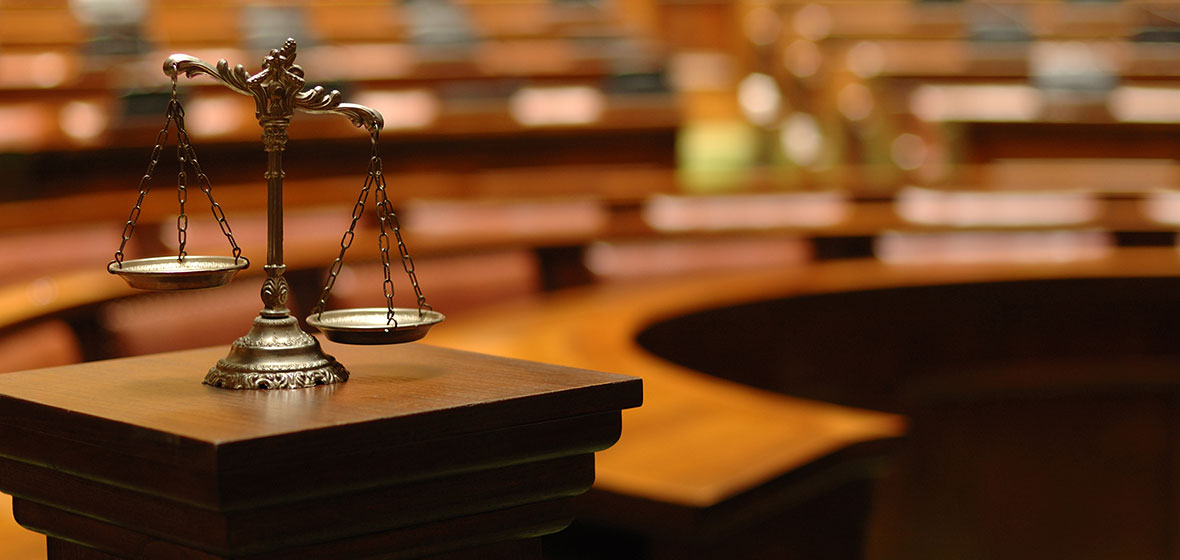Professor of history at the University of Belgrade Miloš Ković told SRNA that the major crisis overwhelming Western Europe today began in the territory of the former Yugoslavia, primarily in Bosnia and Herzegovina and in Kosovo and Metohija.
Commenting on increasingly frequent attacks on Christians in BiH, including assaults on returning Serbs, as well as on Orthodox churches, cemeteries, and political representatives like Milorad Dodik — whom Muslims, with the support of left-leaning globalists, aim to remove from the political scene — Ković said these events are part of a broader process.
“This is the de-Christianization of Europe — the dismantling of a tradition and heritage that has existed for more than 2,000 years. We are in a phase of revolutionary transformation that has overtaken most of Western Europe and the United States. This confrontation with Europe’s own past began with the destruction of Christian churches and a war against Orthodox Christians — the Serbs — and it goes hand in hand with the rise of Muslim extremism,” Ković emphasized.
He noted that Western states, especially their intelligence services, are involved wherever extremist Muslim political movements emerge.
“We see this not only in the Balkans, but in the Middle East as well. This is Europe’s confrontation with itself. We also see efforts by some Western countries to pull themselves out of this crisis — most visibly in the United States,” he said.
Although the United Kingdom is in deep crisis, Ković observed, it remains highly active in the Balkans.
“It is here in our region, still trying to teach Serbs how they should live and with whom,” he stressed.
Ković pointed out that the Trump administration is attempting to pull the U.S. out of a profound moral crisis, but whether it will succeed depends on many factors.
“In U.S. foreign policy, much depends on internal dynamics. Vice President James David Vance represents one current aligned with this shift, while figures like Secretary of State Marco Rubio and others come from older structures — though they too are adapting to new circumstances,” he explained.
When asked whether the Trump administration might take stronger action to protect Christians in BiH — a topic that has drawn attention from American investigative journalists such as Laura Loomer — Ković said he remains cautiously pessimistic, but insists efforts must continue.
“No one can force Serbs to stop trying to explain what is truly happening. The Americans know BiH well — but it is still our job to do everything we can to gain support for our interests,” he said.
Despite his skepticism about U.S. politics, Ković acknowledges a shift in Washington.
“There is a movement trying to steer American foreign policy in a different direction. Whether they can turn that massive ship — that aircraft carrier loaded with weapons — remains to be seen,” he noted.
He concluded that one principle must guide all Serbian strategies:
“Whatever happens, we must not jeopardize relations with Russia. Russia remains the key pillar of support for the Serb people in international affairs.”
Source: RTRS



